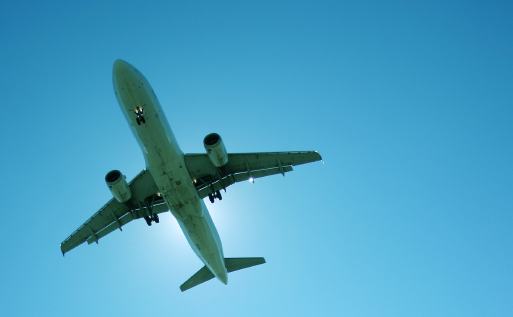
US Customs and Border Protection has launched an educational campaign to raise awareness of the dangers and negative impact of fake goods.
The intellectual property rights initiative – titled The Truth Behind Counterfeits – will run throughout the summer at six of the US' busiest international airports – including New York's John F Kennedy and Los Angeles international airports – and will be directed at travellers to turn them off purchasing counterfeit goods.
The campaign aims to specifically emphasise the negative impact of the illicit trade on the loss of American jobs and its effect on national security through the trade's support of criminal activity.
"CBP is committed to protecting consumers and enforcing US trade laws, and this campaign will help raise awareness and educate the travelling public about the dangers of purchasing counterfeit goods," said Brenda Smith, executive assistant commissioner for the Office of Trade. "Not only do counterfeits damage the American economy, such goods can threaten the health and safety of consumers."
The campaign will feature a number of physical advertisements in the airports encouraging people to think twice before purchasing potentially bogus goods, while digital ads will be displayed on travel websites.
The messages will focus on the criminal, financial and consumer safety risks for the US and its citizens through the purchase of fake goods. It will highlight that the purchase of knockoffs often supports the funding of criminal enterprises and activity, including money laundering, smuggling, and trafficking in illegal guns and drugs, while directly impacting the prosperity of the US economy, including the loss of company revenue and axing of jobs.
In addition, counterfeits may carry health and safety risks as they are often made of inferior materials, manufactured under uncontrolled and unsanitary conditions and labelled with false information, the CBP campaign claims.
According to the CBP's webpage for the campaign (https://www.cbp.gov/FakeGoodsRealDangers), "the dangers of buying counterfeit products aren't always obvious".
"Counterfeiters don't care about your well-being. They just want to make a profit," the webpage says. It adds: "It is illegal to purchase counterfeit goods. Bringing them into the Unites States may result in civil or criminal penalties… Remember, if it seems like a steal, it is."
The CBP advises travellers to buy goods only from "reputable sources".
Last year, the CBP seized more than $1.3bn in counterfeit goods, with a significant increase in seizures being seen in the US Caribbean territory of Puerto Rico, where seizures rose by 300 per cent in the first six months of this fiscal year.
Furthermore, the CBP seized more items that pose health and safety risks last year than any prior year. The top category seized for this reason was personal care products, making up 46 per cent of seizures, followed by pharmaceuticals on 18 per cent and consumer electronics on 13 per cent.
The new campaign follows US President Donald Trump's bid to protect US industries by signing an executive order earlier this year that cracks down on counterfeits entering the country. The order gives the CBP and the Department of Homeland Security new powers to keep fakes from entering the US, including boosting the CBP's ability to share information with rights holders to seek out IP violations.
The awareness campaign was welcomed by the US Chamber of Commerce.
"America's economy runs on authentic innovation. Criminals trafficking in illicit trade threaten America's prosperity and may jeopardise the health and safety of unwitting consumers," said David Hirschmann, president and chief executive, Global Intellectual Property Center, US Chamber of Commerce.
"We applaud US Customs and Border protection for recognising the global scope of counterfeiting and the need to educate consumers on how to protect themselves. We hope this initiative will make travellers more aware of the significant problem and real dangers of counterfeit goods."
The campaign will feature at the following airports: Baltimore Washington International Thurgood Marshall Airport; Chicago O'Hare International Airport; Dallas/Fort Worth International Airport; Los Angeles International Airport; New York John F. Kennedy International Airport; and Washington Dulles International Airport.
©
SecuringIndustry.com





